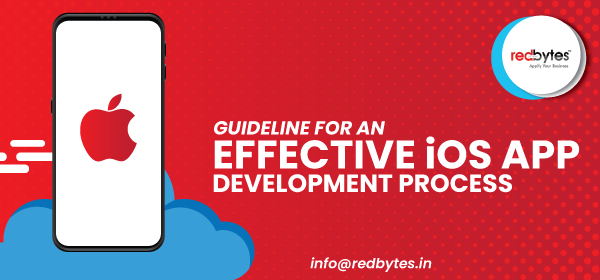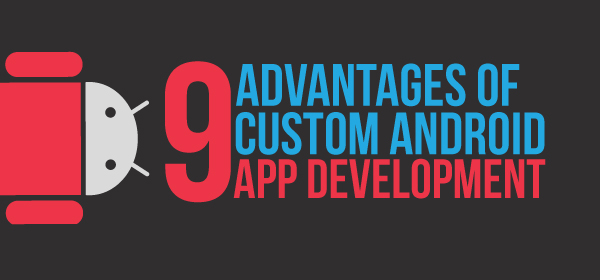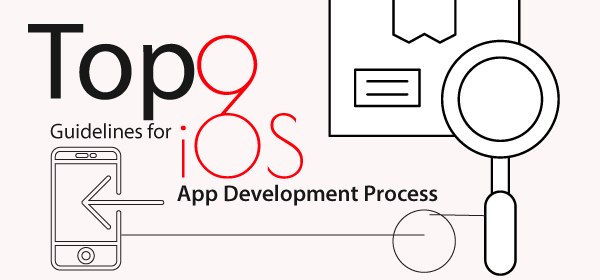Isn’t it surprising how the popularity of mobile apps has changed the world? From kids to adults, everyone is busy exploring the apps of their choice. At present, mobile apps are not only provide entertainment, but also make life easier. In short, the app development industry is thriving. You may have vast knowledge about the different apps but do you have any idea about what happens behind the scenes?
The Android and iOS app development process are different from each other,
Here, let’s explore the world of iPhone app development.
Follow Apple’s App Store Guidelines:
If you want to design apps for iPhone, here are some guidelines for an effective iOS app development process that would help you in delivering an app that will be loved by the users. The goal of creating a great app is to gain more downloads and star reviews. For best results, you have to design the app and promote it in the app store.
The Apple’s app store review guidelines provides all basic information related to safety, design, business and legal formalities attached to app development and submission that the development team can go through before starting their work . Work according to Apple’s app programming guide, focus on factors like app Architecture, Performance Tips, app life cycle, app power consumption and you are half done into creating a flawless iOS app.
Find innovative Idea:
The first step towards iOS app development is to find ideas that have the potential to be successful. Observe the market before you start and come up with innovative ideas. The app world is crowded and therefore, coming up with something new and unique is the only way to stand out. Explore every possibility to grab attention; try to incorporate features and attractions that other similar kinds of apps lack, for more downloads.
App development process:
Before starting the project, discuss in detail regarding the development concept and goals for designing a high-level app in the desired time frame. Remember, it is very important to complete the project on time or you may lose your place in the market. Here are some basic steps that are involved in app development:
• Though visuals tend to stay longer in users’ minds than test, heavy visual elements and graphics add to the complexity of the app. However, apps that display data in the form of text or light but rich media is easier to design. Work on the complexity of the app, discuss the incorporation of animation and graphics in advance and design the app accordingly
• Make sure that all the screens of the app are in sync to deliver a better and smooth experience to its user
• Next task is to find the resources and the various iOS SDK APIs like push notification API, photos API, core data etc. that need to be integrated into the app
• Optimize the app for better performance and make sure that it uses minimal memory while it’s functioning. It is this feature that has made apple apps more desirable among the users. Apple restrains publishing apps that consume more memory
• The developer has to work on different states of the app as well. The app can be in active mode, it may run in the background, or it can be in sleep mode.
• There are a number of devices that the users use and therefore, the app has to be compatible with all of them to be successful
• The app has to work smoothly with different orientations, be it landscape, portrait or both
• Ensure that the app is compatible with Apple’s guidelines
• Caching of the app
Testing & Publishing:
It is not easy to design an app that passes Apple’s review guidelines in first attempt. To avoid rejection, developers are advised to check and ensure that the app is bug-free. It has to be optimized for delivering fast performance without reducing the performance of the device. It is suggested to test the app for compatibility with the entire targeted devices before submission.
To explore and to taste success, it is essential to add the app in the iTunes store and for that, you have to design an app that abides rules and regulations stated by the authority. Once the app is completed, test the app and check whether it has followed all the guidelines stated by the store. It will help in getting approval in a short span of time or else, you will be informed to fix the bug or resolve any other issue and to resubmit it.
App promotion:
No matter how good the app is, if it is not optimized to catch the attention of its users, it will be doomed. Design a strategy to promote the app using the right keywords and be visible to the users.
Well, getting the app published on apple store is a proud moment. But, if you want your app to stay there for long, make sure that you are working with a team of developers and testers, who religiously follow the guidelines and scope of the app. Hire Professional Team for cutting edge solutions:
Hire a professional agency for iOS App Development Services and you will be a step closer to get a seamless app for your purpose. Our iPhone app development team has a skill, exposure, and experience to design iPhone apps in quick turnaround time.




![9 Important Steps to Keep your Smartphones Secure [Infographics]](https://wp.redbytes.in/wp-content/uploads/2017/08/feature-image.jpg)




